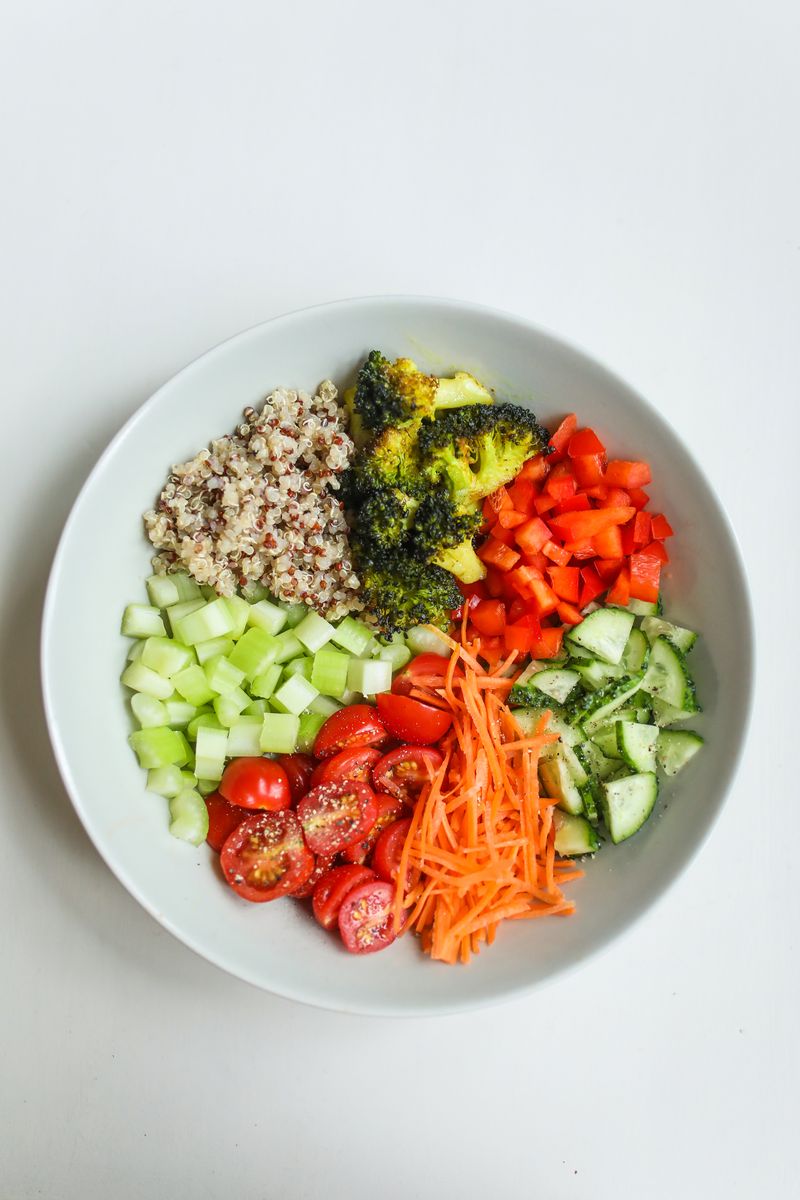Aspartame – A Possible Cause of Cancer?
Introduction
The sweetener aspartame, commonly found in various foods and fizzy drinks, is reported to be officially classified as “possibly carcinogenic” to humans. This news has sparked confusion and concern among consumers, as the label provides no indication of the level of risk associated with the substance. Aspartame joins a list of other “possibly carcinogenic” substances, including aloe vera, diesel, and pickled Asian vegetables. The International Agency for Research on Cancer (IARC) is expected to make an announcement on July 14th regarding this classification.
What contains aspartame?
Aspartame, which is 200 times sweeter than sugar, is used as a sugar substitute in a wide array of products, including diet drinks, chewing gums, and some yogurts. Popular drinks such as Diet Coke, Coke Zero, Pepsi Max, and 7 Up Free contain aspartame, and it is estimated that the sweetener is present in approximately 6,000 food products. Although aspartame has been approved by food safety bodies and has been in use for decades, controversy surrounding its safety continues to persist.
Understanding the classification
The IARC, the cancer research arm of the World Health Organization, has been reviewing over 1,300 studies on aspartame and cancer. According to sources close to the process, aspartame is expected to be classified as “possibly carcinogenic.” However, it is important to note that this classification does not indicate the actual level of risk associated with aspartame. Kevin McConway, a professor of statistics at the Open University, explains that this categorization only reflects the strength of the evidence, not the level of risk to one’s health.
The level of risk
The “possibly” category is used when there is “limited” evidence in humans or data from animal experiments. Substances in this category, such as diesel, talc on the perineum, nickel, aloe vera, pickled Asian vegetables, and several chemical substances, do not pose a strong risk of cancer, as they have not been classified in Group 1 or 2A. Therefore, it is crucial to interpret the “possibly carcinogenic” classification with caution and not equate it to a high level of risk.
Past confusion and criticism
The IARC’s classifications have caused confusion in the past and have been criticized for generating unnecessary alarm. When processed red meat was classified as carcinogenic, it led to misleading reports comparing its risk to that of smoking. However, the risk of consuming an extra 1.7oz (50g) of bacon every day for the rest of one’s life would result in only one case of bowel cancer in a group of 100 individuals. Unfortunately, there is currently no equivalent data available for aspartame.
Expert guidance
The Joint World Health Organization and Food and Agriculture Organization’s Expert Committee on Food Additives, which has supported a daily intake of 40 milligrams of aspartame per kilogram of body weight since 1981, is expected to provide further guidance in July. For a 60 kg (9-and-a-half stone) adult, this intake equates to consuming between 12 and 36 cans of diet drinks per day, depending on the exact ingredients.
Industry response
Kate Loatman, the executive director of the International Council of Beverages Associations, expressed concern over the “leaked opinion,” cautioning that it could mislead consumers into consuming more sugar rather than opting for safe no-and low-sugar alternatives.
Rick Mumford, the deputy chief scientific adviser to the UK’s Food Standards Agency, stated that the agency would carefully examine the reports. However, he reiterated that multiple scientific committees have evaluated the safety of aspartame and concluded it is safe at current permitted use levels.
Frances Hunt-Wood, from the International Sweeteners Association, highlighted that aspartame has been extensively researched, with over 90 food safety agencies worldwide declaring it safe.
Conclusion
As the official classification of aspartame as “possibly carcinogenic” approaches, it is essential to understand the distinction between this label and the actual level of risk. The current evidence does not indicate a strong link between aspartame and cancer. It is crucial to rely on expert guidance and follow daily intake recommendations from reputable organizations until more conclusive research is available.

<< photo by Cindy Bartillon >>
The image is for illustrative purposes only and does not depict the actual situation.
You might want to read !
- The Sweet Truth: Exploring the Potential Health Risks of Aspartame
- Sunshine or Supplements: The Impact of Vitamin D on Heart Health
- Fair Play and Triumph: An Examination of Andrew Strauss’s Philosophy on Winning
- A Hair-Raising Transformation: Witness Kim Cattrall’s Bold Bangs Makeover
- Shattered Ground: Unraveling the Impact of Melbourne and Victoria’s Earthquake
- Kim Cattrall: Avoiding Unpleasant Situations At All Costs
- Sidharth Khan shows support for wife Kiara’s upcoming film “Satyaprem Ki Katha”
- No Fair Dinkum Sheilas: The Miserable State of Women’s Representation on the Aussie Country Charts




